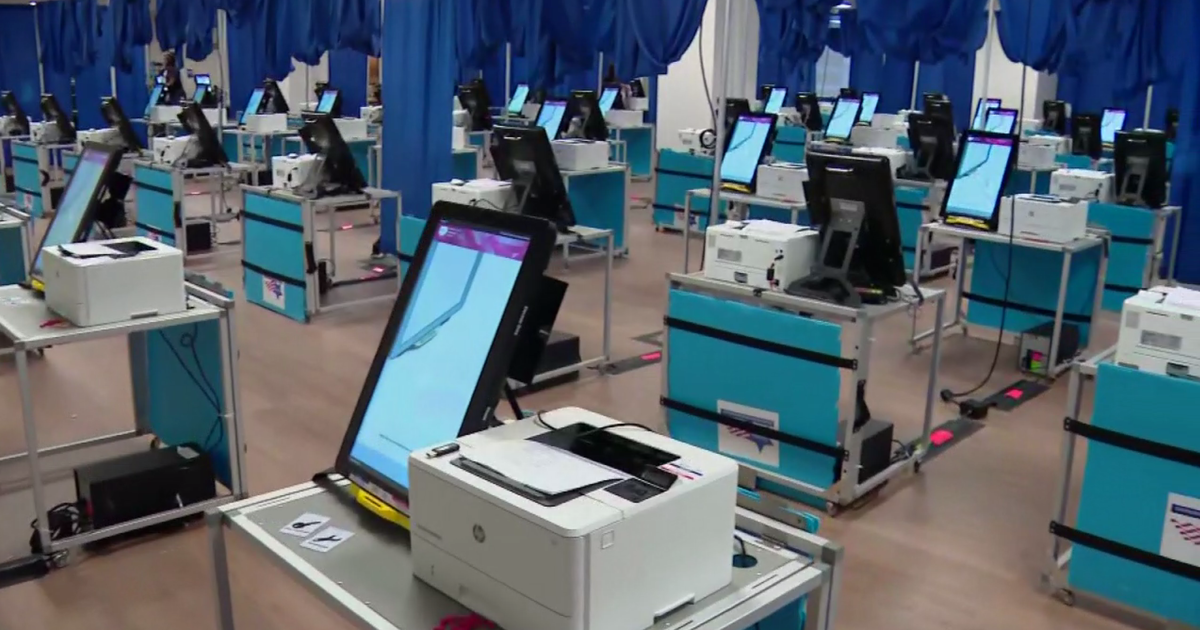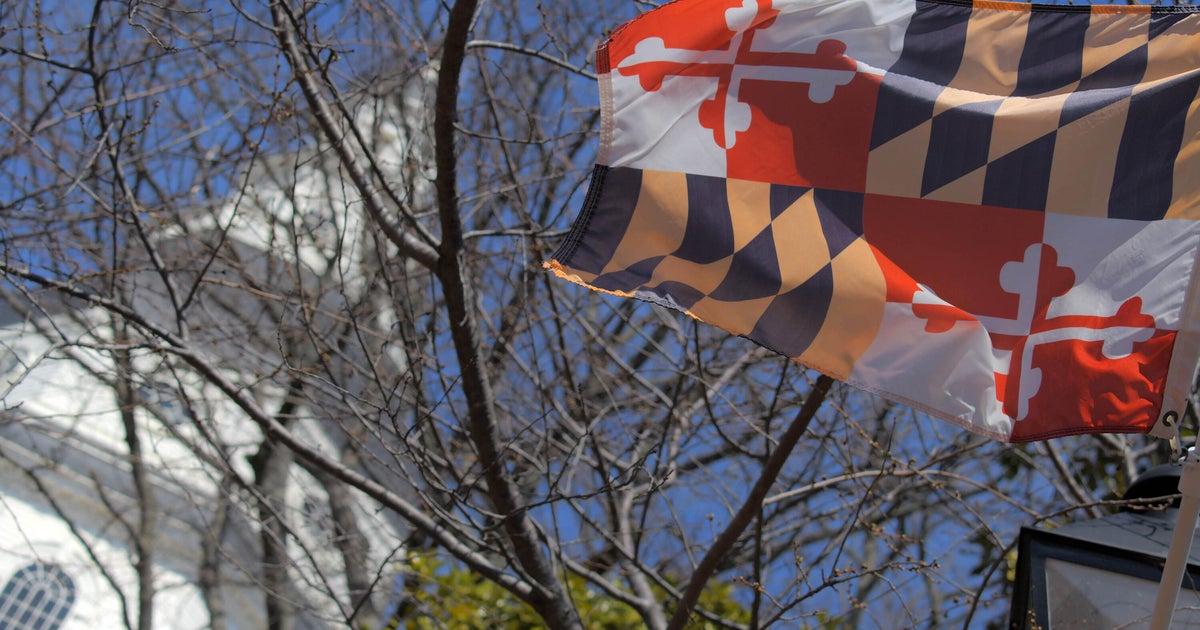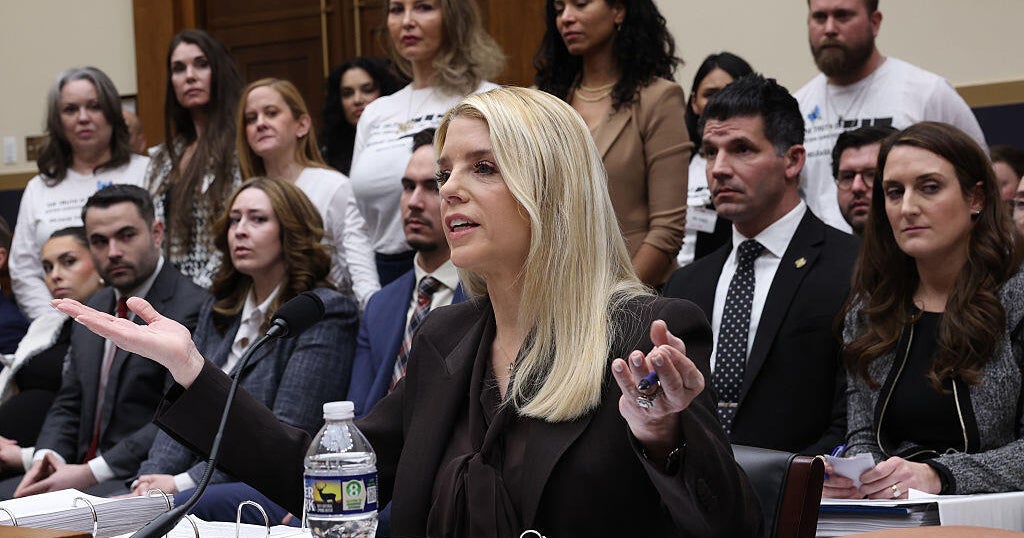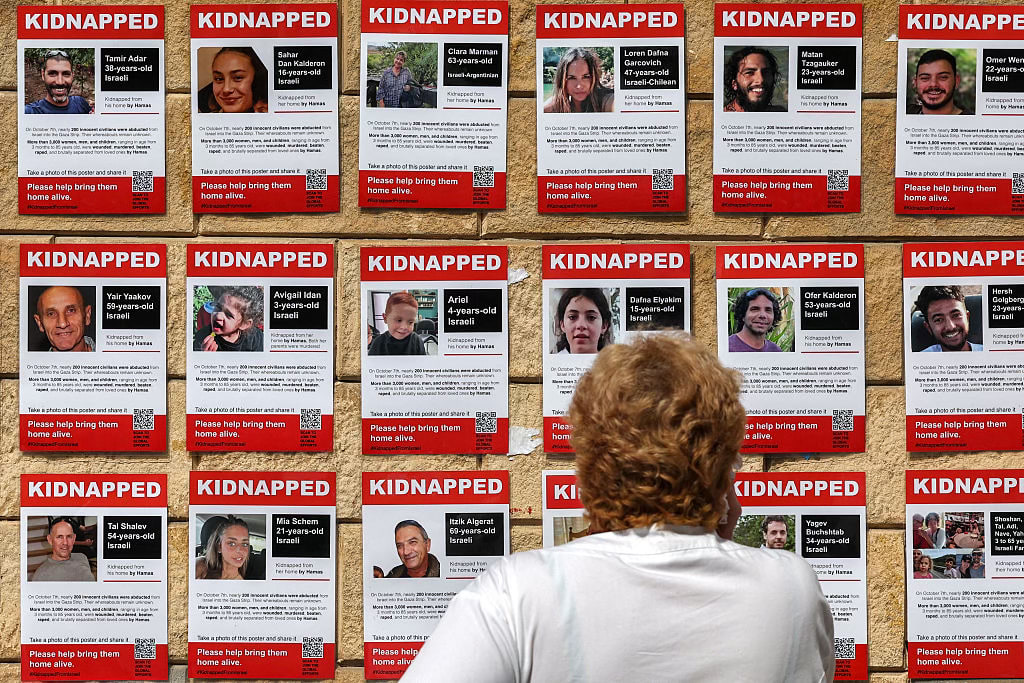Fewer international experts will observe U.S. presidential election because of COVID
London — International election observers have begun their mission in the United States ahead of November's presidential vote, but because of the coronavirus pandemic their operations will be severely curtailed.
The Organization for Security and Cooperation in Europe (OSCE), a group of 57 nations including the United States, has sent observers for every U.S. presidential election since 2002. The main election observation arm of the OSCE had recommended that 500 observers be sent for this year's election, but the coronavirus has made deployments across the country riskier, and only 30 have been sent.
"It was inevitable that we would have to change our plans. And the U.S. isn't the first country we've had to do that in this year, unfortunately," Katya Andrusz, spokesperson for the OSCE office responsible for election observation, the Office for Democratic Institutions and Human Rights (ODIHR), told CBS News.
For election day in 2016, the organization had 295 observers in the U.S. In 2012, it determined that only a limited mission would be necessary and sent 44.
"The reason we go to observe and the reason we're asked to observe is because elections are such an important element of a democracy, and in a way they are like a kind of a screenshot of how well a democracy is functioning," Andrusz told CBS News.
The OSCE was created in 1975 and is the world's largest regional security organization. As part of its work, ODIHR sends observers to participating countries to gauge the level of things including equality, political pluralism, confidence, transparency and accountability in their elections.
Before, immediately after, and then a few months after each election in a member nation, ODIHR publishes its observations of the electoral process and recommendations for improvements.
ODIHR usually sends long-term and short-term election observers, the former arriving weeks before the election and scrutinizing the lead-up to the vote, and the latter working on election day to collect data at polling stations.
This year, because of the coronavirus pandemic, there will be no short-term ODIHR observers collecting data in the United States, though another arm of the OSCE plans to send 100 politicians from OSCE countries to observe polling places on election day.
Long-term ODIHR observers began their mission in September. But even before that, staff were speaking with stakeholders, including election officials, politicians and the media, and they issued a preliminary report in July. In it they noted that some people they'd interviewed expressed concern that difficulties balancing the expansion of alternative voting methods, like postal voting, with the needs of in-person voting at polling stations "may decrease the level of trust in election administration, potentially affecting the integrity of election day proceedings, and, as a consequence, the acceptance of the election results."
According to ODIHR's report, the stakeholders also emphasized that "in a highly polarized environment, there is an increased need for external and independent overview of the electoral process, including of the election day proceedings."
While the pandemic has made it impossible for the organization to increase its direct observation, and instead greatly limited it, ODIHR said it would pay specific attention to "voter rights, registration and identification, security of election technologies, legal framework for and implementation of alternative voting methods, campaign finance, and the conduct of the electoral campaign, particularly online and in the media," in the lead-up to and on election day, November 3.
"We're politically neutral. We're not concerned about who ends up winning, but about how they win, about the process itself," Andrusz told CBS News. "For the democratic election process to function, there needs to be a high level of public trust that the system works — that people have a voice and that their voice counts."



